Fire escape, shot on Ilford HP5 pushed to 1600, with a Zeiss Planar 45mm lens on a Contax G2
My photos fail to tell a story. I was talking to an NYU professor of photography, among other subjects, who is expert in teaching his students to tell a story. He allows them eight frames to do so. This fellow is so successful that some of his undergraduates have been hired by major media companies, straight out of college, to tell stories. It is a rare skill.
Chatting with him prompted me to consider whether I ought to give it a try. As a lawyer, and more generally an advocate for various causes, I long ago realized that stories are more compelling than facts, except to people who train themselves to be objective, and even they despite themselves likely will be influenced by the background narrative. In giving a speech, it is the anecdote that engages an audience, more than data whether recited or shown visually.
Photos are even more powerful. Thus the cliched formula of 1000 to 1, credited to newspaper editor Tess Flanders. People identify with other people. That is why we focus on the lone figure in the landscape. It is hardwired into us. They stand out against the vista.
The photos that we admire, most of the famous, iconic images, at least imply a story. They are about love, war, laughter, and suffering. They might not be clear. They may require our imagination to fill in.
Since Matthew Brady, whose Civil War battlefield images were the earliest photojournalism, continuing to the late Marie Colvin, who died under fire while covering contemporary combat, and beyond, heroes have sought to acquaint us with the brutal reality of military conflict. The Vietnam War produced shocking documentation that summarized complex stories even if taken from an invisible point of view. Public opinion on the home front turned on such indelible visuals as the execution in Saigon by General Nguyen Ngoc Loan of a Viet Cong sniper, Nguyen Van Lem, for which Eddie Adams won the 1969 Pulitzer. Defining and essential though it was, capturing the exact entry of the bullet into the head, Adams regretted it for the lack of context. As much as Lem might have been perceived as the victim, he was no innocent: he allegedly had assassinated one of Loan’s comrades, the man’s wife, and their children. General Loan retired to America, opening a restaurant in suburban Washington, D.C., always followed by the legacy of this single act.
Another was Napalm Girl, the title given the scene of children running, having been severely burned by the viscous incendiary, slightly to the left of center a naked, screaming Phan Thy Kim Phuc, for which Nick Ut won the 1973 Pulitzer. She survived and later defected to Canada. The domestic protest of the conflict was memorialized in the Kent State University massacre picture, featuring a teenage girl wailing over the body of one of four students shot by National Guard troops, for which John Filo won the 1970 Pulitzer. The widely published version was edited to remove a fence pole that appears to emerge from the woman’s head.
Peace has its own set of stories. Even a print that depicts nature, especially nature, is an account of how vast the world is, or how rapid or still the water is flowing, the change of seasons, or the effects of climate change. The penguin reminds us of us. The polar bear too.
We have to be able to impart meaning. It may be what we as a spectator bring. But it is there. Emptiness demands interpretation.
The photographer who has had the greatest effect on me is fictitious. In Three Days of the Condor, a paranoid thriller from the 1970s, Faye Dunaway plays Kathy. On the run and framed for a mass murder, Robert Redford, as a bookish intelligence analyst named Turner, takes her hostage. Given the genre, she has to fall for him, afflicted by Stockholm syndrome. She is a photographer whose walls are decorated by her own work: shots of Manhattan as winter is coming, literally and figuratively cold. They illustrate alienation.
I saw that movie on television when I was young. For whatever reason, as happens when you are a kid and impressionable, Dunaway’s style captivated me. Redford’s protagonist pauses to reflect on the black and white stills. He is perplexed by their ambiguous sentiment. I identified with the sense of isolation. Dunaway’s character was telling a story, not about her subject but about herself. The photographer was distant. She was an observer who was not a participant in the society surrounding her. That was not incidental. It explained her motivations in sympathizing with a fugitive.
My photos are about the technique. Some are abstractions. I am attracted to fire escapes, for example, because they display an intricate pattern of steps, typically contrasting with another intricate pattern of the building walls, or differing even further from a blank surface with subtle details. Or they cast shadows. That creates drama, a play of light and dark, even if it is of inanimate objects.
Some photos are portraits. They are close up mug shot style. They exhibit a modicum of emotion. But they are limited to a face staring out. There is no narrative.
I hesitate, however, to exploit the possibilities — or, more accurately, exploit the people around me — in street scenes. I work in a neighborhood that is not where tourists visit, the “Tenderloin,” in a city that is a most popular destination, San Francisco. There are many troubled souls around. There also are belligerent individuals. Some folks are both troubled and belligerent, depending on the stimuli and the circumstances. There is a high level of entrepreneurial activity that would not be considered quite legal. Probably the participants would prefer not to be recorded. That provides an abundance of stories to be told. There is the comic, the tragic, the strange, the maddening, and what defies categories. There is the ordinary and the unique, and those bits of reality that are sublime for being both mundane and special, the ephemeral that we try not only to preserve but also to present.
So I intend to assign myself a project. I will look for an appropriate opportunity. Some may just walk in front of me. Each of us must challenge ourselves to develop. That ultimately is the story of photography as it is of any art to be pursued.
Share this post:
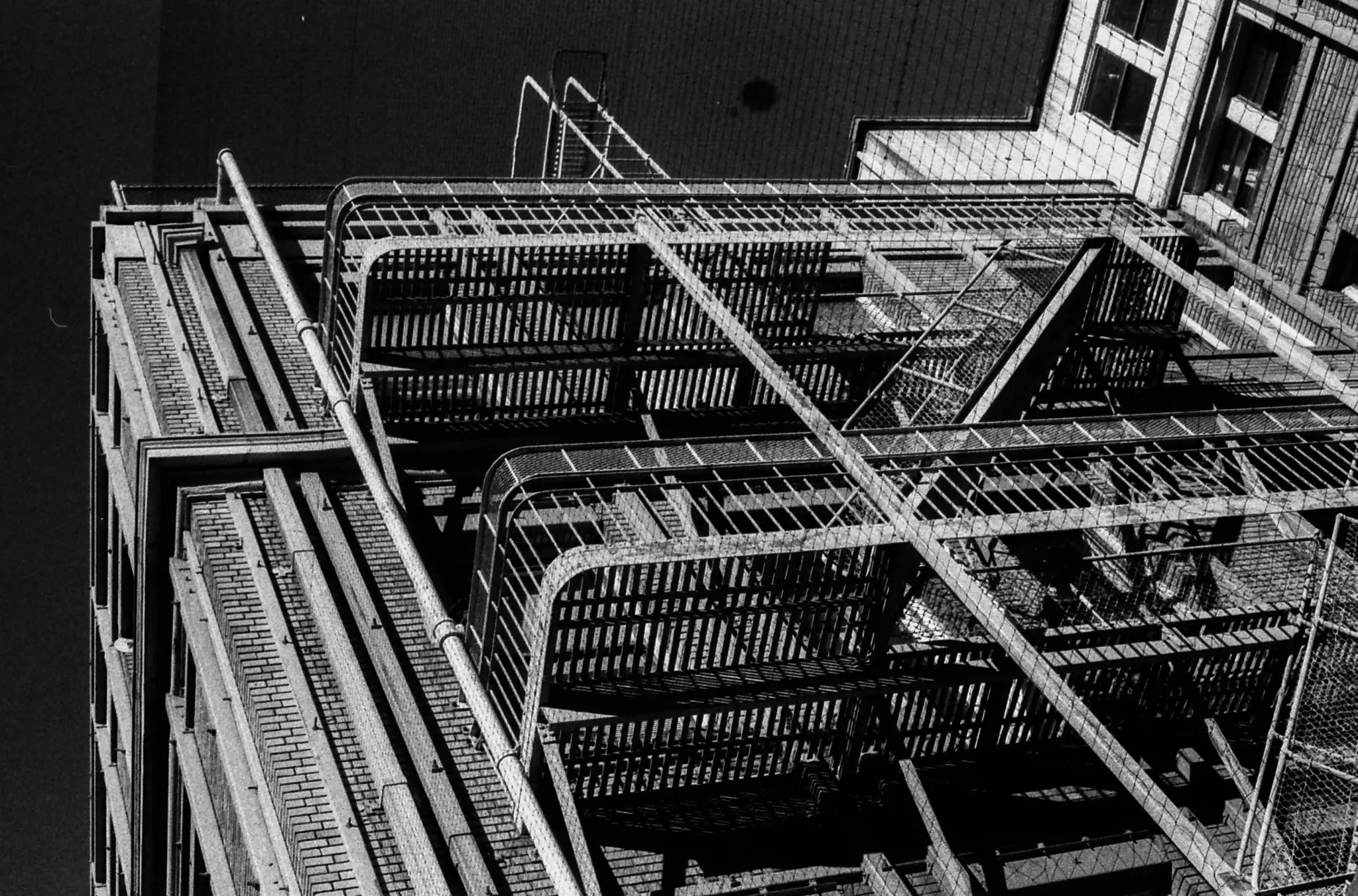
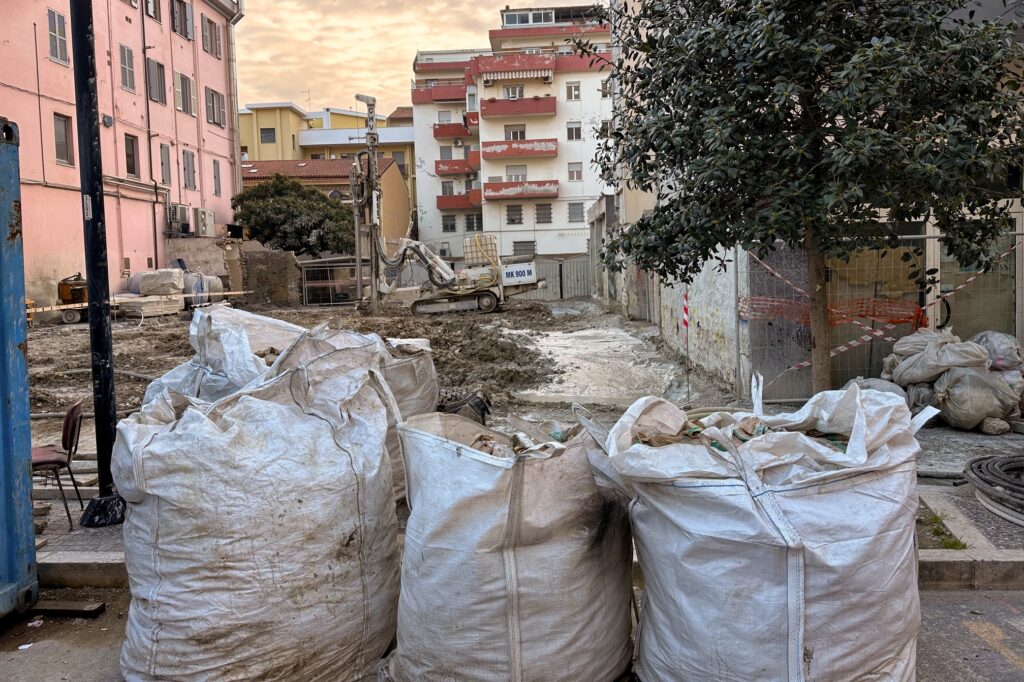
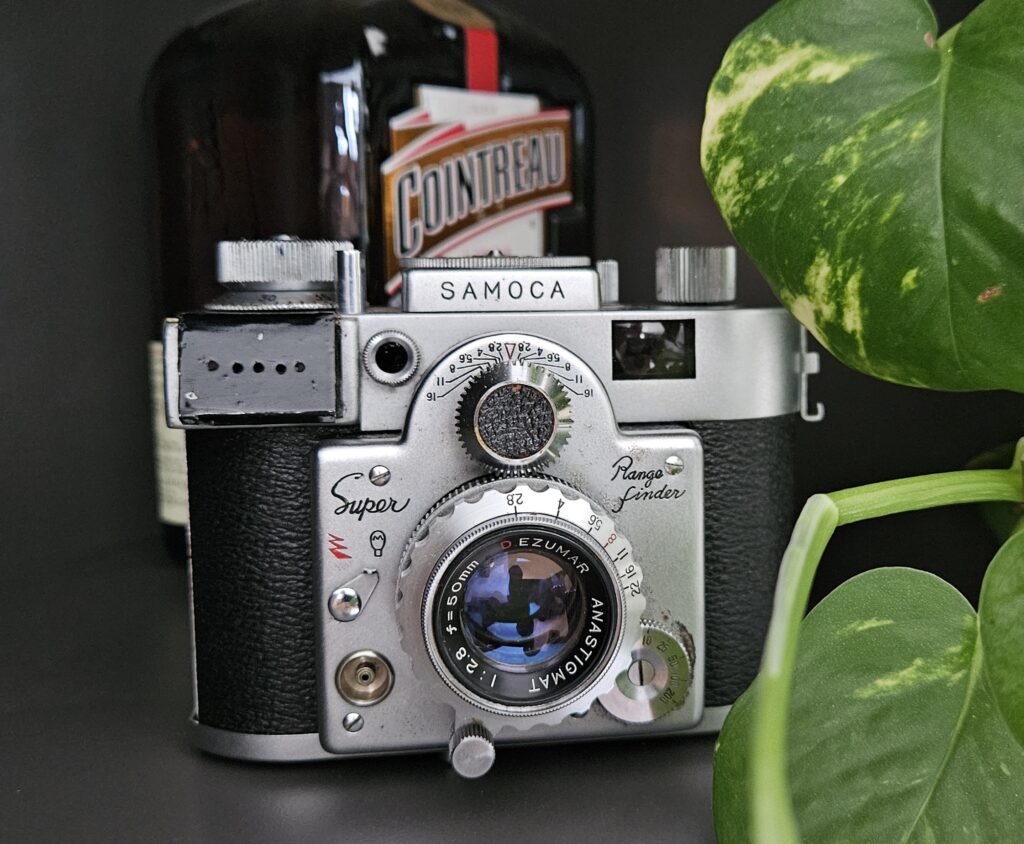
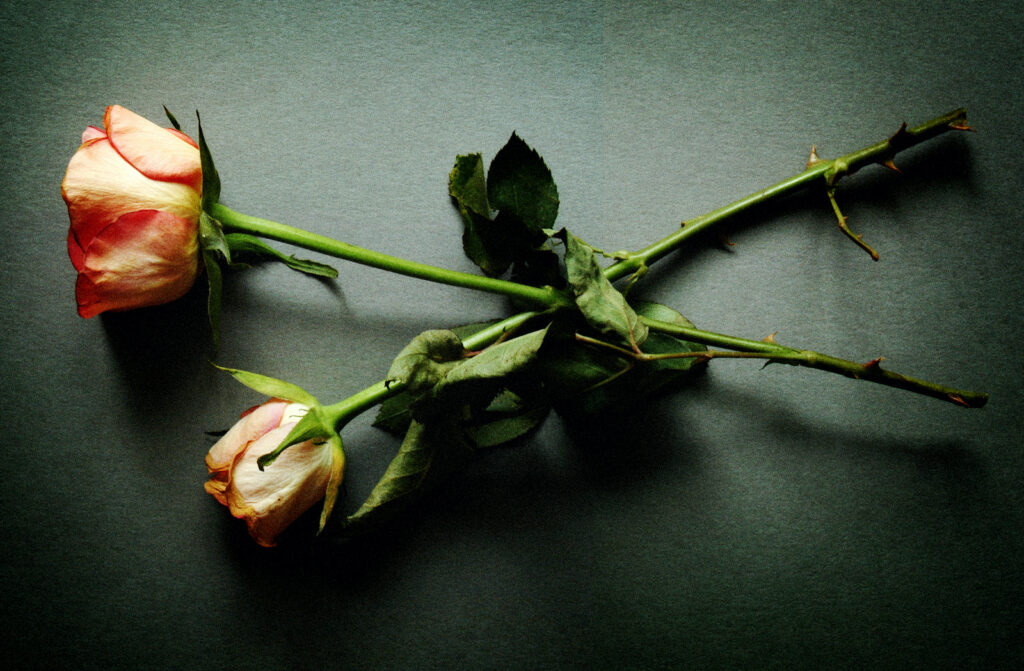
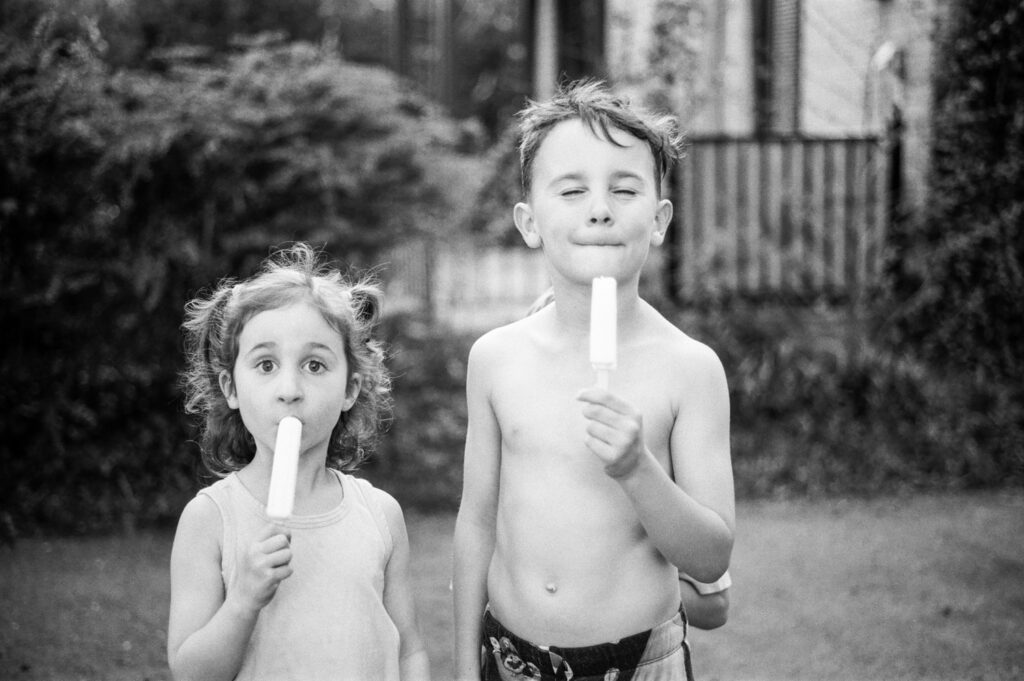




Comments
Jay Jones on Are All My Photographs Failures? – By Frank H. Wu
Comment posted: 02/12/2018
You are a lawyer, you think like a lawyer & even write like a lawyer. It bores me to tears. I've read more than half a dozen of your pieces since signing up to the 35mmc newsletter, and after every encounter with your pieces, I always wonder why the bloody hell I just did that to myself. This comment probably won't get posted by Hamish, but bugger me, please do try and be less anal about things in life, would you?!
Cheers!
Comment posted: 02/12/2018
Comment posted: 02/12/2018
Comment posted: 02/12/2018
Comment posted: 02/12/2018
Comment posted: 02/12/2018
Louis A. Sousa on Are All My Photographs Failures? – By Frank H. Wu
Comment posted: 02/12/2018
Graham Orbell on Are All My Photographs Failures? – By Frank H. Wu
Comment posted: 02/12/2018
As for being a lawyer, I don’t hold it against you.
Now I’m looking forward a really informative exciting narrative written by Jay Jones.
christian thompson on Are All My Photographs Failures? – By Frank H. Wu
Comment posted: 02/12/2018
Telling a personal truth is a much more compelling and satisfying aim.
David B Haynie on Are All My Photographs Failures? – By Frank H. Wu
Comment posted: 02/12/2018
Story telling is a wonderful pursuit in any imaging, critical in photojournalism, but just one paint on the palette we all have in art photography. I don't get a story from most of Ansel Adam's photographs, but I am profoundly affected by them anyway.
Thomas Weih on Are All My Photographs Failures? – By Frank H. Wu
Comment posted: 02/12/2018
I think it’s a misunderstanding if one says photographs that don’t tell a story are “failures” or every good photo has to tell a story. We shouldn’t take ourselves so seriously.
Samuel james on Are All My Photographs Failures? – By Frank H. Wu
Comment posted: 03/12/2018
for me I'm not a natural 'storyteller' with images, I am more interested in atmospheres and forms that transcend everyday experience. Its also these days about being in the moment and capturing something special that couldn't have been done with just an iPhone, so its about the medium as well. Many people also say that filmmaking needs to tell a story but I think that's just popularism and influenced by people desperately needing to win film festival competitions. For me that's not where the art is. I think abstracted form is potentially more interesting than storytelling. For me I think street photography is an old form that was revealing in the 20th Century, but today it is more intensely personal and indeed, many millions more people are doing it. Everyone has a unique view and we need not be obsessed about winning first prizes for an image as that is just an external judgement.
David on Are All My Photographs Failures? – By Frank H. Wu
Comment posted: 03/12/2018
In my sceptical age I think that most photographers who tell stories are really telling lies, but some good stories are full of lies.
Bent_Brent on Are All My Photographs Failures? – By Frank H. Wu
Comment posted: 03/12/2018
I guess my point is, don't be too hard on yourself or your work. My photos are usually very disappointing to me on first view, but looking back, they grow on me.
Jan Steinman on Are All My Photographs Failures? – By Frank H. Wu
Comment posted: 03/12/2018
I start with my widest angle lens or zoom setting, to establish a context within which further tight shots work. I then progress through tighter and tighter shots, until I have the primary subject nailed.
Does this always "tell a story?" No. But it's a tool you can use to help tell the story.
Nick on Are All My Photographs Failures? – By Frank H. Wu
Comment posted: 03/12/2018
'Storytelling' seems to be a buzz word at the moment in photography. But I don't think the basics of creating compelling images have really changed that much. As an experiment you could try shooting your next project in a “National Geographic style.” Find a subject/story that interests you and get involved in portraying it through images. Then it becomes less about you the photographer, but more about the subject.
Nick
Wayne on Are All My Photographs Failures? – By Frank H. Wu
Comment posted: 03/12/2018
JamesW on Are All My Photographs Failures? – By Frank H. Wu
Comment posted: 03/12/2018
We photograph for a whole load of reasons. Mr Wu has his, and I for one will let him. I have mine. and yar boo sucks to anyone who tries to impose upon me. At best, we present to others what/how/why we see what we see. It's not the only vision out there.
Daniel Castelli on Are All My Photographs Failures? – By Frank H. Wu
Comment posted: 03/12/2018
Now, onto MY comments regarding the article. Try and find an out of print book by Harry Benson (paperback.) He gives perhaps, the most clearly written technical guide to building a photo story. I though I had my copy on my bbokshelf, but it has disappeared. I'll be getting another copy off of Amazon today.
IMO, you need to be a story teller to tell a story. I grew up in a family that told stories. Great stories. Some say I've inherited the gift. Story telling required a sense of drama, timing, and believability. Humor helps. (I just realize that these same characteristics also make a great educator.) But, the most important part of telling a story is to be part of it - as a participant or as an observer. All of this can apply to our photography.
I don't like shooting stories. I'm more of a photographer in the mold of Elliott Erwitt (without his talent.) I look for a single moment, a gesture, etc, and try and snap the photo. I'll string together a sequence of shots, but rarely will I make a story. It's just not in my photographer's DNA. I'm more likely to gather a set of images that share a visual element and create a presentation.
That's all I've got to say (this time.)
erich schwandt on Are All My Photographs Failures? – By Frank H. Wu
Comment posted: 03/12/2018
He states that he MUST include people in his photographs and thats what makes them interesting. Another point to address your technical work would be to study the painters and dynamic symmetry which i'm sure you've made yourself familiar with, Tavis Leaf Glover is a good resource in that regard.
I recently spent some time with Alex Webb, he admits 99% of all the photographs he makes are unsuccessful. If you think about the photography that he has published its obviously his best work over the last 30ish years, and its not a ton.
Keep going i'd say and confront your fear start shooting people and leave the banal object alone at least try it.
Louis Sousa on Are All My Photographs Failures? – By Frank H. Wu
Comment posted: 03/12/2018
George Appletree on Are All My Photographs Failures? – By Frank H. Wu
Comment posted: 04/12/2018
First, usually "being positive" is a kind of intentions code allowing just being rather polite than really putting a grain of real constructive criticism (which includes obviously not to agree some times). Then so, … better don't read and stay mute if you're going to criticize.
But the question is that all those experts (and I agree with the writer here) need photographs to tell a story. And I wonder why do photographers have to replace writers (remember Stevenson was buried as "Tusitala": Story teller), or say sociologists in the way lots of those story tellers of the photographic reportage try to. Or so many others like naturalists or anthropologists or psychologists and etc.
Then what kind of story all those hundreds of Weston's peppers tell?, and all those experts would argue that it was another time of photography and etcetera, meanwhile the medium has desperately trying to get rid of the "story" since the very beginning. Remember Walker Evans telling documentary doesn't mean whatever thing.
But now it seems the story is what matters. Let's be story tellers instead of photographers. Let's writers stop doing literature, because newspapers are enough to document
Charles Higham on Are All My Photographs Failures? – By Frank H. Wu
Comment posted: 08/12/2018
Jay Jones on Are All My Photographs Failures? – By Frank H. Wu
Comment posted: 09/12/2018
Most lawyers I've met have been undeniably dull & boring people. Especially anal. But that's their job I suppose. A real pity it takes over their lives. They may be wealthy, but not particularly any fun to be around. And although I gave Frank multiple chances to prove me wrong in his pieces (after learning that he was a lawyer), sadly it just hasn't happened. But he owes me absolutely nothing, or anyone else for that matter. This is his journey that he's trying to figure out. To those who enjoy his articles, knock yourselves out.
Peace!